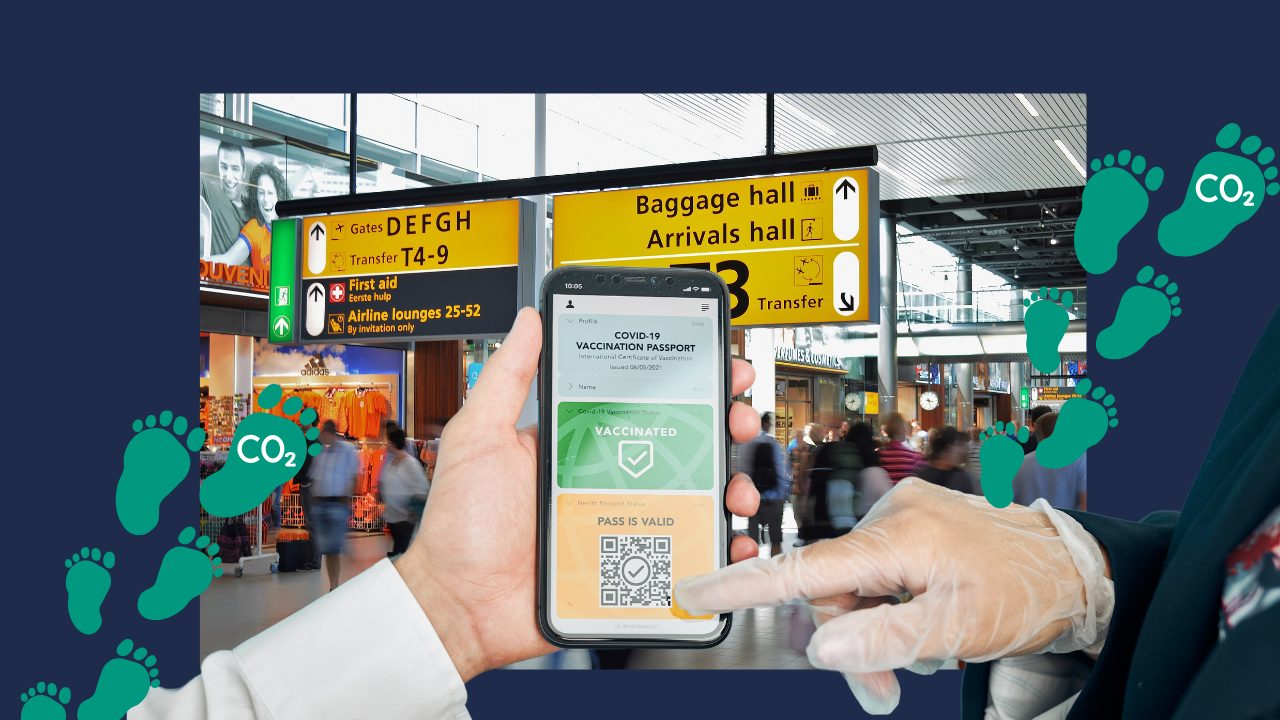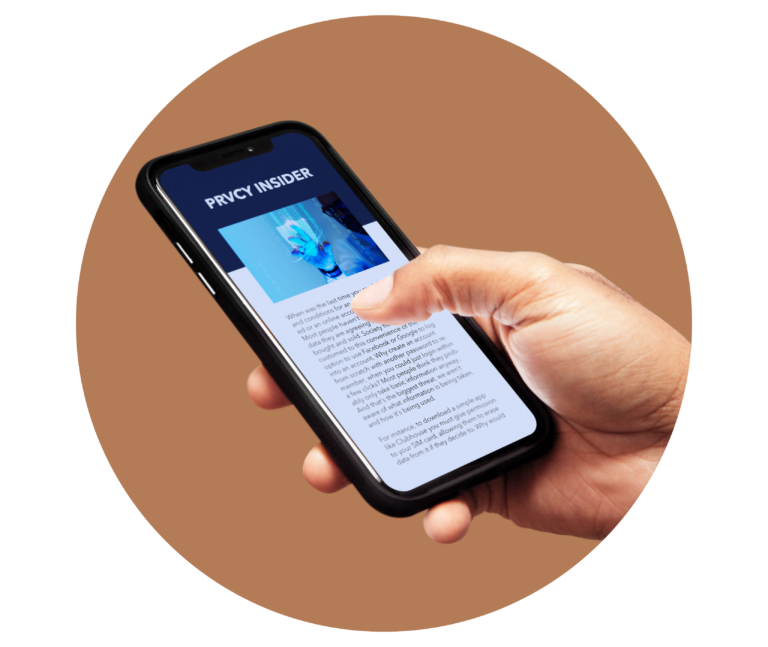56% of Europeans have experienced at least one type of fraud in the last two years. One-third of them became victims of identity theft, making it the second most-common type of fraud in Europe.
In an increasingly digital world, our identities have become more valuable than ever before.
Unfortunately, this rise in online interactions has also led to a surge in identity theft, a malicious act where criminals steal personal information to exploit or defraud unsuspecting victims. Europe, like other regions, has experienced its fair share of identity theft incidents, causing financial losses and emotional distress to countless individuals.
Analyzed by the method, nearly half of all identity theft attacks in European countries happened by using e-mail. Another 39% of deceivers used the phone to attack their victims. Online ads, text messages, and social media platforms follow with 5%, 4%, and 3%, respectively.
The statistics show 25% of Europeans exposed to any fraud suffered financial damage, causing a total loss of around €24 billion in two years. There are multiple types of Identity Theft, one of them is through
Identity theft encompasses various methods through which criminals can fraudulently obtain and misuse an individual’s personal information for illicit purposes. Here are some common types of identity theft:
9 ways how identity theft works
1. Financial Identity Theft:
This is the most prevalent form of identity theft, where criminals use stolen personal information to gain unauthorized access to an individual’s financial accounts. They may open new credit cards, take out loans, or make unauthorized transactions, leaving victims with significant financial losses and damage to their credit score.
2. Social Security Identity Theft:
In this type of identity theft, perpetrators target an individual’s Social Security number (SSN) to commit various frauds, such as applying for government benefits, obtaining employment, or filing fraudulent tax returns.
3. Medical Identity Theft:
Medical identity theft involves the fraudulent use of someone’s personal information to obtain medical services, prescription drugs, or medical equipment. It can lead to incorrect medical records, financial liabilities, and even medical errors in the victim’s name.
4. Child Identity Theft:
Criminals may target children’s personal information, as they often have clean credit histories. They use this information to create false identities or open credit accounts, which may go undetected for years, causing significant financial and legal issues for the child once they become adults.
5. Criminal Identity Theft:
In this type of identity theft, criminals use someone else’s identity when they are arrested or involved in illegal activities. This can result in wrongful arrests, damage to the victim’s reputation, and legal complications.
6. Synthetic Identity Theft:
Synthetic identity theft involves creating entirely new identities by combining real and fictitious information. Criminals use this fabricated identity to open fraudulent accounts and conduct illegal activities, making it challenging for authorities to trace the crime.
7. Account Takeover:
Account takeover occurs when cybercriminals gain unauthorized access to an individual’s existing online accounts, such as email, social media, or online banking. Once they control the account, they can exploit it for financial gain, spread misinformation, or engage in other malicious activities.
8. Tax Identity Theft:
Tax identity theft involves using someone’s personal information, such as their SSN, to file fraudulent tax returns and claim tax refunds. The victim may only discover the theft when they file their legitimate tax return and face challenges receiving their refund.
9. Employment Identity Theft:
This occurs when someone steals personally identifiable information to secure a job. The consequences can be far-reaching, impacting not only the victims but also the organizations that unknowingly hire these fraudulent workers, and the victim may face difficulties with their own employment or encounter legal complications due to the actions of the impostor.
The consequences
This type of criminal act has many consequences on one’s life, some material, others mental and emotional. Identity theft can have serious and far-reaching consequences for victims, affecting various aspects of their lives.
Here are some of the major consequences of identity theft:
Material damage
Financial Losses: One of the most immediate and devastating impacts of identity theft is the financial damage it causes. Criminals may use the stolen information to open credit cards, take out loans, or make unauthorized transactions, leaving victims with significant debts and losses. It can take months or even years to fully recover financially from the fraudulent activities.
Damaged Credit Score: Identity theft can seriously damage the victim’s credit score. Fraudulent activities, such as maxing out credit cards or defaulting on loans, can lead to missed payments and negatively impact the victim’s credit history. This, in turn, can affect their ability to secure loans, mortgages, or other forms of credit in the future.
Legal Complications: Identity theft can result in victims being wrongfully implicated in crimes committed by the thief using their identity. This can lead to arrests, court appearances, and legal battles to prove their innocence, causing immense stress and disruption to their lives.
Personal damage
Emotional Distress: The emotional toll of identity theft should not be underestimated. Victims often experience feelings of violation, helplessness, and anxiety about their financial and personal security. The stress and emotional trauma can have a long-lasting impact on their overall well-being.
Reputational Damage: Identity theft can tarnish a victim’s reputation, particularly if the thief uses the stolen identity to engage in illegal or unethical activities. Restoring one’s reputation can be a difficult and time-consuming process.
Employment Issues: In cases of employment identity theft, victims may face difficulties at work due to the criminal activities of the imposter. This can result in job loss, strained professional relationships, or even difficulty finding new employment.
Medical Complications: Medical identity theft can lead to incorrect information being added to the victim’s medical records, potentially impacting the quality of healthcare they receive. It can also lead to medical bills for treatments they never received.
Strained Relationships: Identity theft can cause strain in personal relationships, as victims may need support from family and friends while dealing with the aftermath of the crime. Additionally, disputes and misunderstandings may arise due to the actions of the thief using the victim’s identity.
Loss of Trust: Identity theft can erode an individual’s trust in financial institutions, online services, and even in their own ability to safeguard their personal information. This loss of trust can lead to heightened caution and reluctance to engage in online transactions, affecting daily life and convenience.
In extreme cases, someone may be married to a foreign person because a shady lawyer has given the foreigner access to citizenship, which has consequences for a person’s entire life.












